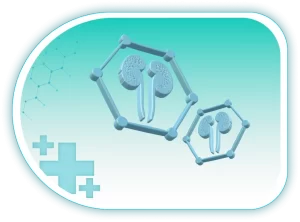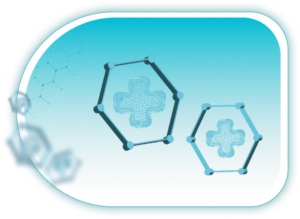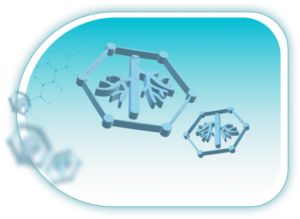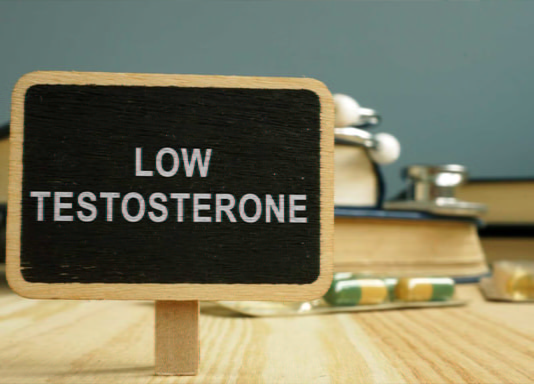In the realm of men’s health, maintaining a healthy prostate gland is of paramount importance. As men age, the prostate, a small walnut-sized gland that plays a crucial role in reproductive health, can be prone to various conditions. In this blog post, we will delve into the intricacies of prostate health, offering valuable insights and tips on how to keep this vital organ in optimal condition.
Understanding the Prostate:
Before we explore the tips for maintaining a healthy prostate, let’s briefly understand the role of this gland. The prostate is situated just below the bladder and surrounds the urethra, the tube that carries urine from the bladder. Its primary function is to produce seminal fluid, a key component of semen that nourishes and transports sperm.
Common Urological Conditions Affecting the Prostate:
Benign Prostatic Hyperplasia (BPH):
One of the most prevalent conditions affecting the prostate is BPH, a non-cancerous enlargement of the gland. As men age, hormonal changes can lead to the growth of prostate tissue, causing symptoms such as frequent urination, difficulty starting or stopping urination, and a weak urine stream.
Prostatitis:
Prostatitis refers to the inflammation of the prostate, often caused by bacterial infections. This condition can result in pelvic pain, discomfort during urination, and even flu-like symptoms. Prostatitis can affect men of all ages and requires prompt medical attention.
Prostate Cancer:
Prostate cancer is a serious concern and the second most common cancer among men. While it often progresses slowly, early detection is crucial for successful treatment. Regular screenings, such as the prostate-specific antigen (PSA) test, are essential for identifying potential issues in the early stages.
Tips for Maintaining a Healthy Prostate:
Now, let’s explore actionable tips that can contribute to maintaining a healthy prostate:
Balanced Diet:
Nutrition plays a pivotal role in overall health, including prostate health. A diet rich in fruits, vegetables, and whole grains, while low in saturated fats, is associated with a lower risk of prostate issues. Consider incorporating foods high in antioxidants, such as tomatoes, broccoli, and green tea, into your daily meals.
Regular Exercise:
Leading an active lifestyle has numerous health benefits, and prostate health is no exception. Engage in regular physical activity, such as brisk walking, jogging, or swimming, to promote overall well-being and reduce the risk of prostate conditions.
Maintain a Healthy Weight:
Obesity has been linked to an increased risk of prostate issues, including prostate cancer. Maintaining a healthy weight through a combination of a balanced diet and regular exercise is crucial for minimizing this risk.
Stay Hydrated:
Drinking an adequate amount of water is essential for maintaining good prostate health. Proper hydration supports urinary function and helps flush out toxins from the body, reducing the risk of urinary tract infections and other prostate-related issues.
Regular Check-ups:
Routine medical check-ups, including prostate screenings, are vital for early detection and prevention of potential issues. Discuss with your healthcare provider about appropriate screening intervals based on your age, family history, and overall health.
Limit Alcohol and Caffeine Intake:
Excessive consumption of alcohol and caffeine can irritate the bladder and contribute to prostate problems. Moderation is key, so consider limiting your intake of these substances to support prostate health.
Prostate-Friendly Supplements:
Certain supplements, such as saw palmetto and lycopene, have been associated with promoting prostate health. Consult with your healthcare provider before incorporating any supplements into your routine to ensure they are safe and appropriate for you.
Maintaining a healthy prostate is a proactive and ongoing process that involves lifestyle choices, regular screenings, and a keen awareness of potential symptoms. By adopting a balanced diet, staying active, and prioritizing regular check-ups, men can take significant strides in safeguarding their prostate health. Remember, a proactive approach today can lead to a healthier and more fulfilling tomorrow.


















